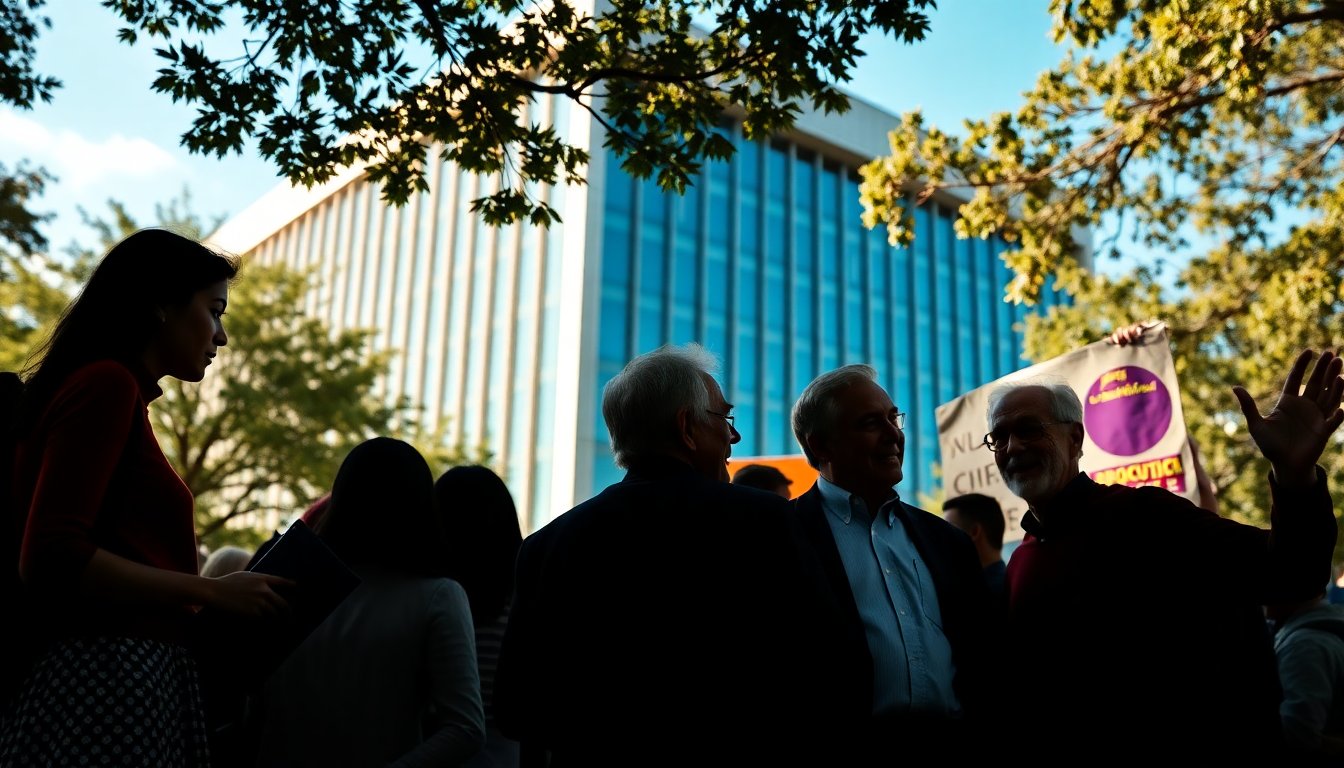Table of Contents
The global political landscape is constantly evolving, shaped by leaders whose decisions resonate far beyond their borders. Some of these figures are celebrated while others are controversial, yet all wield significant influence. Understanding their motivations and how they operate provides valuable insights into the broader implications for society.
This article explores various influential political figures, shedding light on their governance styles and the dynamics of power in contemporary politics. By examining their actions and the contexts in which they operate, we can gain a clearer perspective on the current state of global affairs.
A closer look at key political leaders
Every two weeks, we delve into the lives and decisions of a prominent political figure. This week, we focus on the complexities of Alexander Lukashenko, the president of Belarus, known for his authoritarian rule and contentious policies. His leadership style reflects a blend of strategic maneuvering and a tight grip on power.
Understanding the motivations of Lukashenko
Lukashenko’s governance is often described as a dictatorial regime, marked by suppression of dissent and control over the media. His approach to leadership is characterized by an unwavering commitment to maintaining authority, often at the expense of democratic processes. This dedication raises questions about the sustainability of his power and the impacts on Belarusian society.
In recent discussions, the implications of Lukashenko’s policies on both domestic and international fronts have come to the fore. His contentious relationship with the European Union, coupled with his reliance on Russia for support, emphasizes the delicate balance he must maintain to preserve his regime.
The role of global organizations in political dynamics
As political leaders like Lukashenko navigate their paths, global organizations play a critical role in shaping responses to their actions. For instance, the United Nations (UN) stands as a key player in addressing international conflicts and fostering diplomatic relations. The UN’s ability to adapt and reform has become increasingly crucial, especially as it faces financial challenges and calls for transparency.
Insights from Annalena Baerbock
Recently, Annalena Baerbock, the new president of the UN General Assembly, emphasized the necessity for reform within the organization. In a podcast interview, she articulated the pressing need for increased efficiency and reduced bureaucracy, arguing that a more streamlined UN could better address global issues. Baerbock’s vision includes prioritizing women’s rights and ensuring that the UN leads by example, particularly in its leadership representation.
The discussions surrounding the UN highlight the ongoing struggle between maintaining traditional diplomatic practices and adapting to the evolving political landscape. As nations grapple with issues like climate change, inequality, and geopolitical tensions, the role of organizations like the UN becomes more pertinent.
Political controversies and their implications
In Germany, the political discourse has been equally tumultuous, particularly regarding the Christian Democratic Union (CDU). The party’s internal challenges have come to light as leaders like Friedrich Merz attempt to navigate the complexities of alliances and opposition. Merz’s approach to the far-right Alternative for Germany (AfD) has sparked debates within the CDU, illustrating the broader tensions between ideological commitments and political pragmatism.
As Merz faces backlash for his stance on the AfD, the CDU finds itself in a precarious position, balancing the need for clarity with the potential for internal division. This scenario echoes the struggles of other political entities grappling with their identities in a polarized environment.
Furthermore, the impact of these controversies extends beyond national borders. The decisions made within the confines of German politics have reverberations across Europe, influencing diplomatic relationships and collaborative efforts on pressing issues.
Conclusion: Navigating the complexities of power
The intricate tapestry of global politics is woven with the actions and decisions of influential leaders. As we dissect their motivations and strategies, it becomes evident that understanding their dynamics is crucial for comprehending the broader implications for society. Whether through the lens of Lukashenko’s authoritarianism, Baerbock’s reformist vision, or the CDU’s internal struggles, the pursuit of power remains a multi-faceted challenge.
In conclusion, as we continue to observe these developments, it is imperative to stay engaged and informed about the shifting tides of political authority. The landscape will undoubtedly evolve, but the need for critical analysis and awareness will remain constant.


